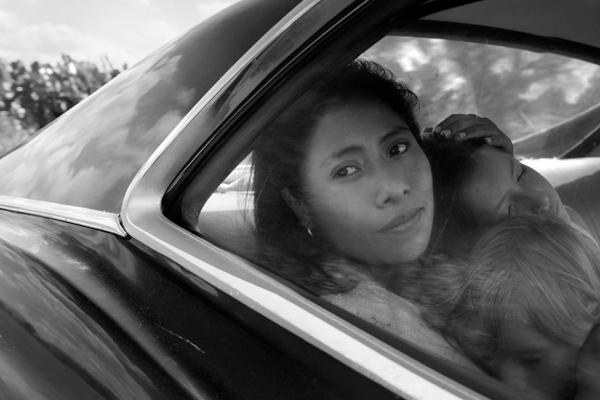BEFORE WE GET to the best movies of 2018, let’s talk about the most memorable moments of this year in cinema. Neil Armstrong casting his daughter’s bracelet into a canyon on the moon in First Man, a story as much about one person’s grief and desire to connect with another as about our species’ ambition and desire to conquer the final frontier.
The dawning realization, in What They Had, of why Robert Forster steps out of the bedroom he has shared with Blythe Danner for 60 years, sparing her more suffering and loving her until the end.
A deceptively simple scene—a conversation in a car going from one neighborhood to another—that’s a revelation of social inequality and how near yet far we live from each other. In minutes, Widows covers centuries of relationships of power.
An unexpected funeral in The Gospel of Eureka that breaks the audience’s heart and calls forth our loves.
And the titular character Christopher Robin, who holds Pooh Bear’s hand as they walk through a field, as though Terrence Malick is directing the film.
Read the Full Article

